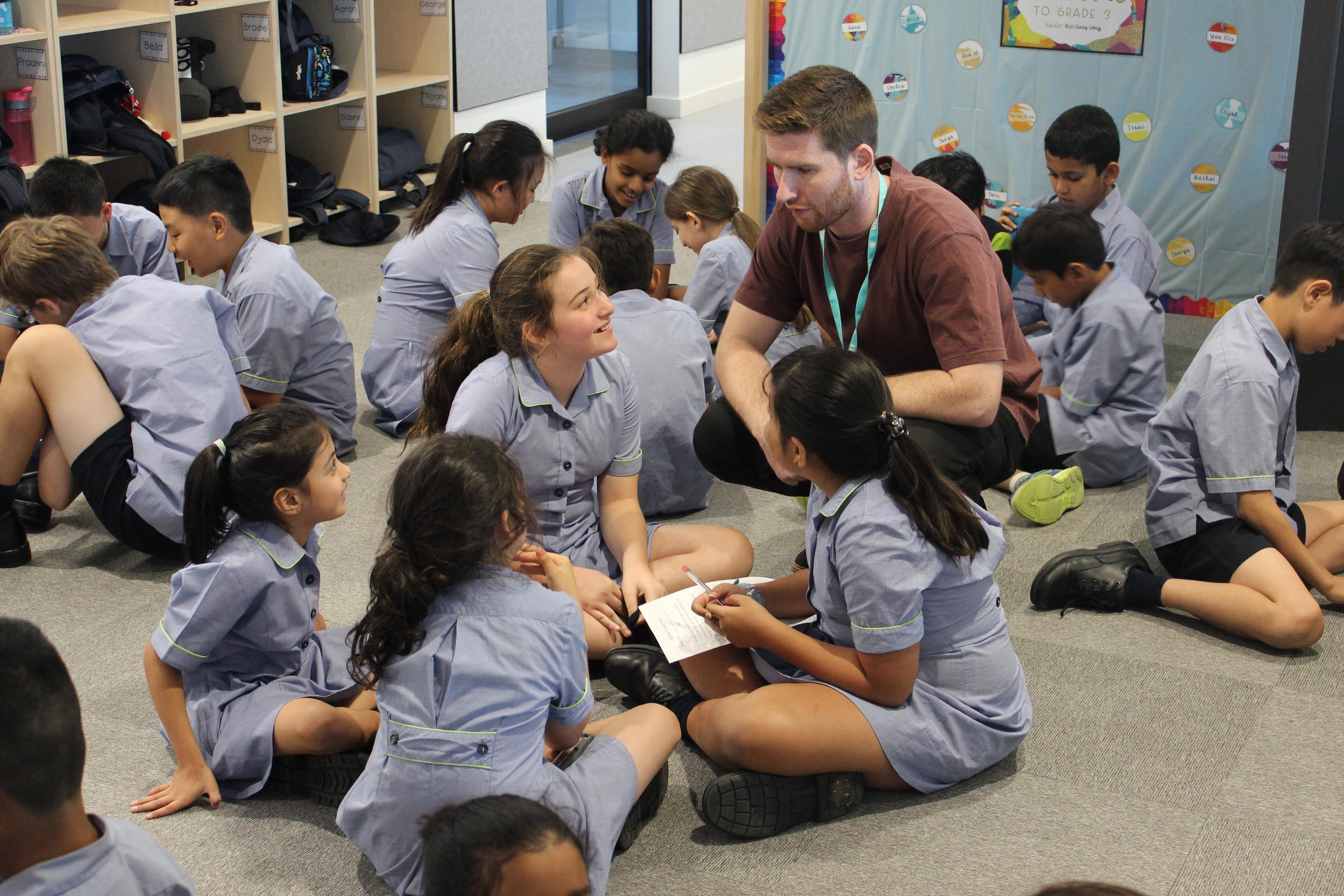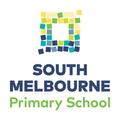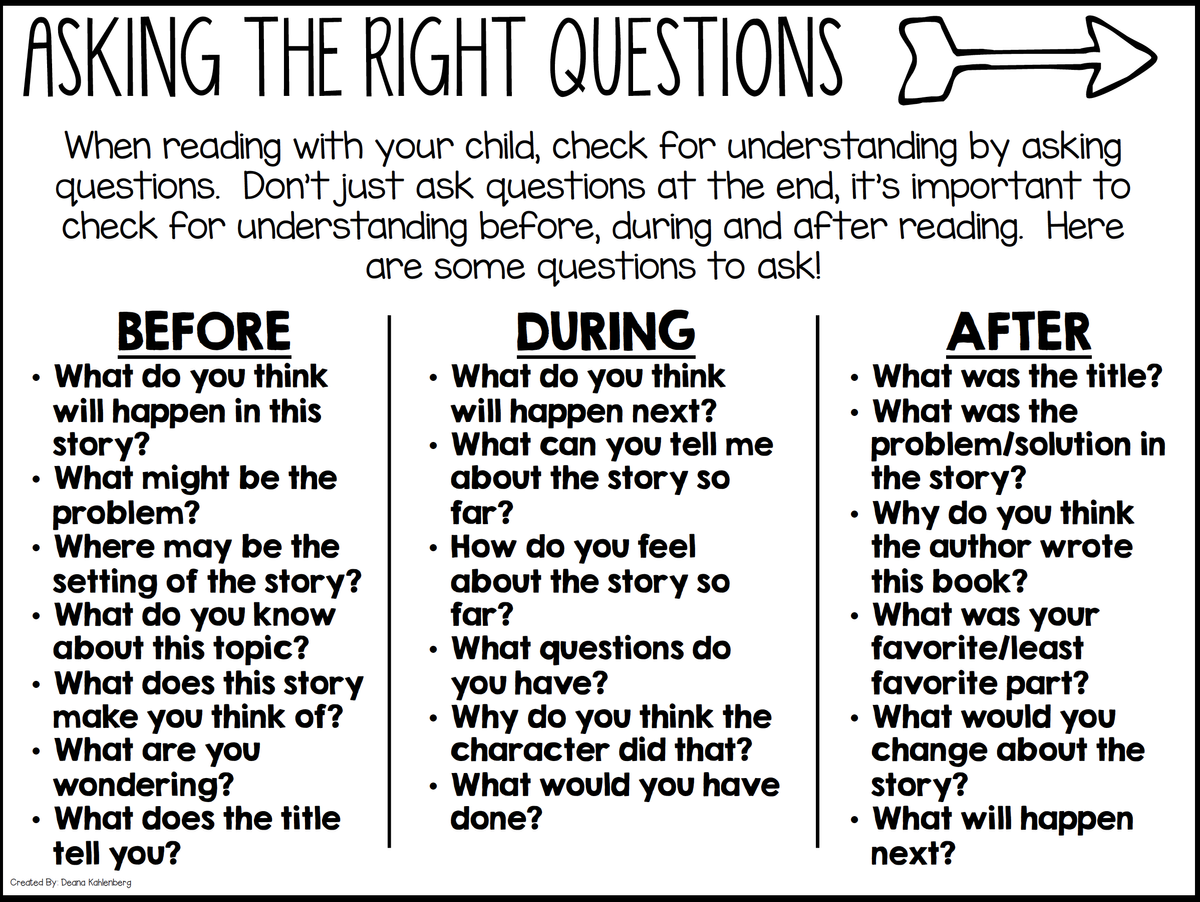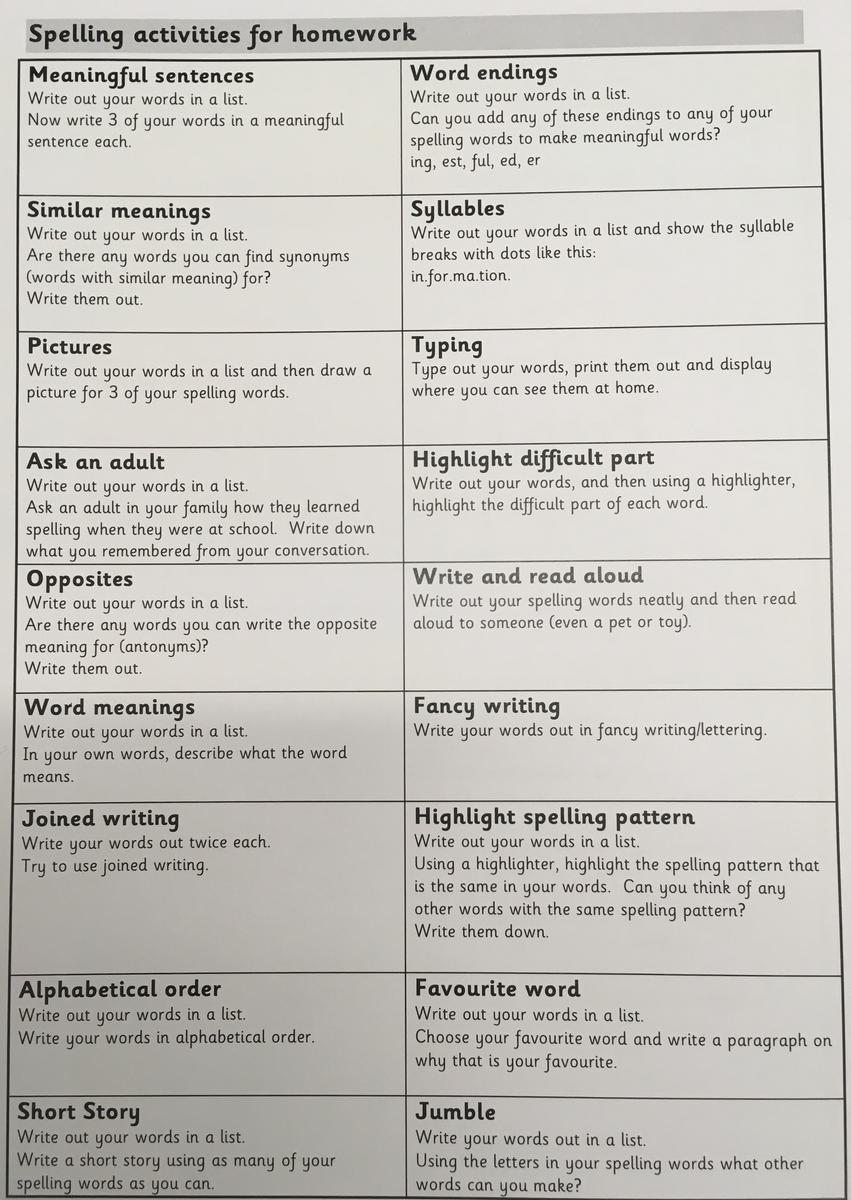Level 4 (Grades 2-6) News

Important: Change of Learning Levels Next Week
Next week, students in Grades 2, 4 and 6 will be relocated to various floor levels of the school. This is because our usual spaces on Level Four will be used for NAPLAN testing (see the below article for details). These changes will allow our Grade 3 and 5 students to undertake their assessments in a silent and familiar environment.
Please ensure your child heads straight to these levels each day with their bag.
Grade 2
Monday - level 4
Tuesday - level 5
Wednesday - level 1 (specialist classes)
Thursday - level 5
Friday - level 4
Grade 3
Monday to Friday - level 4
Grade 4
Monday - level 4
Tuesday - level 5
Wednesday - level 5
Thursday - level 5
Friday - level 4
Grade 5
Monday to Friday - level 4
Grade 6
Monday - level 4
Tuesday - level 5
Wednesday - level 5
Thursday - level 5
Friday - level 4
NAPLAN - Next Week!
NAPLAN is coming up for our Grade 3 and 5 students next week. Grade 3 and 5 students will be sitting their NAPLAN exams on Tuesday, Wednesday and Thursday.
Please note the timetable below:
Tuesday: Language Conventions and Writing
Wednesday: Reading
Thursday: Numeracy
It is vital that your child arrives at school on time as all tests are in the first three lessons of the day. To give your child the best chance to show their true abilities, please ensure they have a good night sleep and eat breakfast each morning.
Below are links to some free resources to help students revise. We wish them the best of luck!
- Revision videos & Worksheets - https://corbettmathsprimary.com
- Maths revision games - https://www.splashmath.com
- Online practice questions - https://au.ixl.com/math/year-5
- NAPLAN (unofficial) Online practice tests for numeracy, spelling, grammar & punctuation - http://www.smeebu.com
Grade 2 Curriculum Newsletter
Term 2 in Grade 2 is off to a fantastic start!
Reading
Students will continue to participate in daily reading lessons this term. In every lesson, students are read to (e.g. the teacher is reading), read with (e.g. reading with a partner or the teacher) and will read independently. For many students, it is their favourite part of the day!
This term will focus heavily on comprehension skills. Now that we know how to read many words, our brain power is freed up to understand what we are reading! Each week we are focussing on one of the following comprehension strategies:
1. Making connections
2. Predicting
3. Visualising
4. Inferring
5. Summarising
Students are assessed and monitored throughout the term on their recognition of the high frequency words, reading fluency, accuracy and comprehension.
The goal of our reading program is to develop competent and lifelong readers. To help with this at home, please engage your child in questions about what they are reading. We encourage you to ask your child why they choose their book, who their favourite author is, what they love to read about and - importantly - what they are doing as they read to be a 'smart reader' (e.g. what strategies or approaches are they using as they read). Some comprehension questions are in the following picture too - please excuse the American spelling of favourite!
Writing
In Writing this term, we are very excited to explore a range of text types. We will be covering procedural writing, letter writing and speech writing. Writing is such a great way to communicate and it has been wonderful to see students developing an appreciation of writing. In grammar lessons we are covering: pronouns, noun articles, editing punctuation, commas, compound words and prefixes and suffixes. Our Smart Spelling program will continue, where we are focussing on vowel digraphs (two letters that are making one sound) e.g. the 'ay' in play. There is a continual focus on spelling the high frequency words as these really are words that we use with a high frequency!
You can help at home by having your child read a recipe and make it with you (or do the reverse and make something together while your child writes down the recipe), writing letters to your child and inviting them to write back or setting up a penpal system with a family friend.
Numeracy
Our maths classes in Grade 2 are hands on and fun! Each lesson begins with the introduction of a skill, followed by a game or activity in pairs/small groups, an independent activity where your child shows their understanding level and finally a reflection where we discuss and think about what we've learnt and why it is helpful. We are covering the following topics this term: addition strategies, fractions, graphing, length, area, volume, capacity, mass, 2D shapes, time and chance.
You can help at home by asking your child to tell you the time on digital and analogue clocks, measuring items around the house, supervising your child on Maths Invaders (though please remember that your child needs to answer the questions - not you!) and discussing fractions in everyday situations e.g. by asking "Would you like your sandwich cut in halves or quarters today?".
Inquiry
This term we are focussing on Sustainability through our unit - Tip Toe Through Our World. We are very excited to share this topic with the Grade 1 cohort! The focus of this unit is to develop each student's understanding of why they need to be responsible for looking after our environment and the impact that this can have on preserving our environment for future generations. Students will be encouraged to seek out answers to the following essential questions:
- How can we leave a tiny footprint on the environment?
- Do we know what we can reuse, reduce, and recycle?
- How can we set goals and influence others to look after our environment?
Homework
Just a reminder that all students in Grade 2 are expected to take their homework folder and books home on a Monday and return their homework folder, books and take-home reading journal or reading log to school on Friday. We still have some books outstanding from weeks ago and are keen to have them returned ASAP.
Homework activities that your child should be completing every week are as follows:
- A minimum of 4 nights of reading per week signed and dated in their reading journal or log. At SMPS, we encourage students to self-select their books following our 'good fit book' guidelines.
- Spelling their 10 highlighted words every night (Mon-Thurs) through 'Look, say, cover, write, check'.
- 1 Mathseeds lesson completed each week
The following tasks are optional though strongly recommended:
- Playing Maths Invaders to help develop their automatic recall of essential Maths facts
- Completing 1 lesson a week on Reading Eggs
Please note that some students will bring home a handwriting page if they have been identified as someone would benefit from it.
Grade 3 Curriculum Newsletter
Term 2 has already started off with a ‘BANG’! In Grade 3 we have been working extremely hard to prepare ourselves for NAPLAN and the term ahead.
The following newsletter aims to give you an overview of your child’s learning this term. If you have any further questions regarding the information in this Newsletter please do not hesitate to contact me.
Reading
In Literacy this term, we will continue our love of reading by focusing on strategies that will help us become better readers. Every week we will focus on the 6 comprehension strategies listed below:
1. Making connections
2. Predicting
3. Questioning
4. Monitoring
5. Visualising
6. Summarising
Writing
Over the course of the term, students will be learning about the language features, vocabulary and structure of narratives, procedural writing and Information reports. We will also continue to build on our skills to up-level words and use punctuation correctly.
Our SMART spelling program will be the same as it is a part of our homework policy.
Numeracy
In Numeracy this term, we have started to revise on our knowledge of number especially addition and subtraction, times tables and worded problems. This term, we will focus on learning about Measurement (Length, Capacity and volume), Fractions, 2D and 3D Shapes and Time and Statistic and Probability.
We will also continue to integrate the use of hands-on manipulatives and personalised electronic resources including Maths Invaders, Essential Assessment and Mathletics.
Inquiry
This term we will be focusing on “The Relevance of Sustainability” by understanding the importance of habitats for plants and animals and how it encourages us to think and act sustainably when we interact with the environment.
Our key questions for the term in Inquiry will be:
- What is a fair test?
- How have animals and plants adapted to their habitat?
- How do we affect the survival of living things?
Homework
- Homework is given on a Monday. This includes spelling words (remember the children only needing to practise their highlighted words), an A.R book to read, and of course they have their 24/7 access to Mathletics
- Homework is due back each Friday and reading logs need to be filled out and signed by parents. This means your child should bring their homework folder and A.R book to school each Friday. These items will stay at school over the weekend and will be sent home on Monday with new homework.
Grade 4/5/6 Curriculum Newsletter
Reading
Students will continue to use the super six comprehension strategies to enhance their reading ability. These include making connections, predicting, visualising, monitoring, questioning and summarising.
Writing
Students will be developing their narrative and procedural writing styles. Along with this students will also learn how to write informative, persuasive brochures.
Speaking and Listening
Students will be researching a chosen country to present to their class at the end of the term. They will have to speak clearly in small groups and also listen intently so they can ask intelligent questions and vote for their favourite presentation.
Numeracy
Students will be investigating geometry and measure this term with a big focus on area and perimeter of shapes. We will also be exploring fractions, decimals, percentages and looking at different ways of collecting, representing and analysing data.
Inquiry - Sustainability
Students will be encouraged to think global and act local in our inquiry this term. We are investigating environmental, economic and social elements of sustainability. The essential questions we will be asking ourselves throughout this term are:
- What causes natural disasters?
- How do geographers and scientists study the environment?
- How do meteorologists collect weather data and why is this important?
- How does the environment influence how people live, work and play?
Homework
Just a reminder that all students in 4/5/6 are expected to bring their blue homework folder in every Friday. On Mondays, students receive their homework folder back from their teacher with their new spelling words for the week. Students are encouraged to read a variety of ‘just right’ texts that are of high interest e.g. fiction, non-fiction, novels etc.
Activities students should be completing every week are as follows:
- Look, cover, write, check done for their 10 highlighted words every night (Mon-Thurs)
- 1 spelling activity completed for their 10 highlighted words every night (Mon-Thurs). Please see a list of spelling activities students can complete at home below
- 2 Mathletics activities completed each week
- (Optional – Working on Maths Invaders – Galactic Campaign to help develop their automatic recall of essential Maths facts)
- A minimum of 20 nights per month reading their AR book of choice. This may include material on myON.


